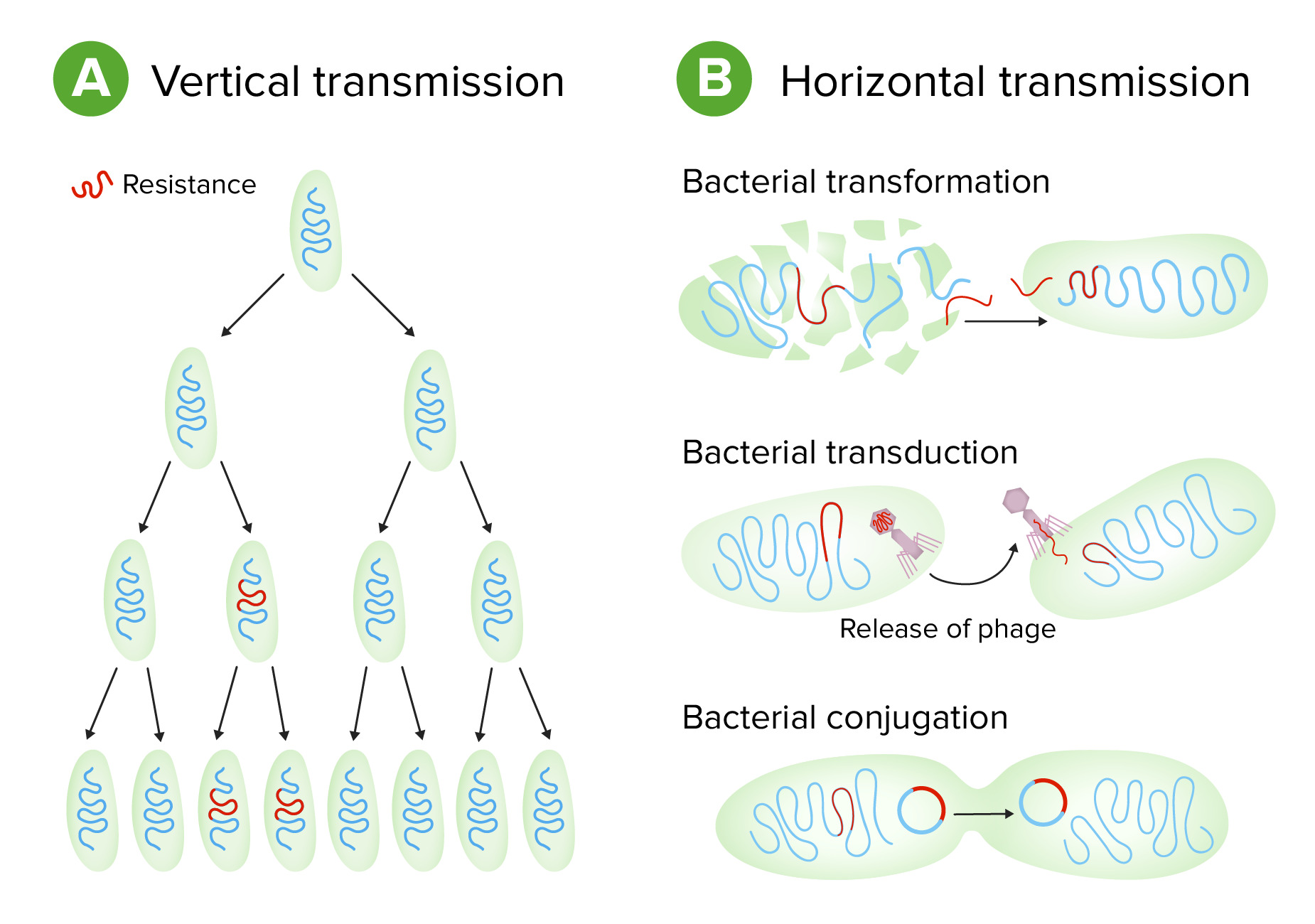Playlist
Show Playlist
Hide Playlist
Septic Shock: Excess of Inflammatory Mediators
-
Slides Pathogenic Pathways in Infectious Disease.pdf
-
Reference List Pathology.pdf
-
Download Lecture Overview
00:01 So, again, locally this is a good thing, but when it's at very high levels systemically, it's a very bad thing. 00:09 So, septic shock is really too much of a good thing. 00:13 So, what's going on here? So, we have by binding of the LPS or those other bacterial components that are present in gram-positive cocci or in fungus, we are activating neutrophil and monocyte populations. 00:26 Now, if we do it locally, good. 00:27 If we do it systemically, maybe not so good. 00:31 As part of that activation cascade, we're going to get cytokines produced, we're going to get reactive oxygen species produced, we'll get various eicosanoids, arachidonic acid, lipid mediators produced. 00:41 Again, locally good thing. 00:43 Systemically not so much. 00:46 We will also get complement activation and we will have the production of chemokines, so that we will get increased inflammatory recruitment into tissues. 00:57 Remember also that LPS can act on endothelium to activate it and that end activation of endothelium means that, we get more thrombosis in this case, it tends to be a pro-thrombotic response, which again, makes sense, If I have a local infection, I want the endothelium to be ready to thrombose, in case I get vascular damage. 01:18 That increased thrombosis, is due to increased amounts of tissue factor and inhibitors of the plasminogen activator pathway, okay, and so, it's going to have a net procoagulant effect. 01:33 Activation of the endothelium though, also will cause vasodilation, again, locally that's the appropriate response that helps us to recruit inflammatory cells. 01:43 But if I vasodilate, every vessel in my body because I have too much LPS, oh my God, now I've got hypotension, I have low flow. 01:53 Okay, so, a combination of all these inflammatory mediators, in addition to the effect on the endothelial cells, with hypotension and pro-coagulation, I'm going to get microvascular occlusion and I'm going to get severely increased vascular permeability and that's going to lead to multi-organ failure, I'll have a coagulopathy, I'll have secondary effects related to fever and being driven by cytokines, I have the vasodilation and capillary leak and then all of my organs don't function properly, because they don't have the right blood pressure and the vessels are clogged and there are a lot of inflammatory evil humors being made and you end up with multi-organ failure. 02:40 So, important to recognize that we don't have to have circulating bacteria to get this effect of septic shock. 02:48 In fact, you can have a very local infection, even an abscess, but if you have too robust a production of the or activation of the immune response because of the lipopolysaccharide, then those systemic distribution of those mediators of the various cytokines etc., will cause a septic shock physiology. 03:12 So, whether or not you get septic shock depends on a number of things. 03:17 It depends on the microbial load, the more microbes the more LPS, the greater the effect, generally. 03:23 It will also be impacted by host comorbidity, if there's already damage in various tissues or there's already ongoing diminution of function, say chronic renal failure chronic lung disease, then a little bit of sepsis can go a very long way, in terms of morbidity and mortality. 03:42 And then there'll be host polymorphisms, so, some people will not necessarily have the same cytokine response to the LPS, that other individuals will. 03:55 So, it's variable and not everyone who has a bacterial infection in someplace, is going to develop septic shock.
About the Lecture
The lecture Septic Shock: Excess of Inflammatory Mediators by Richard Mitchell, MD, PhD is from the course Host–pathogen Interaction.
Included Quiz Questions
What describes septic shock? Select all that apply.
- Microvascular occlusion
- Thrombosis
- Endothelial cell activation
- Hypertension
- Anticoagulant effect
Development of septic shock depends upon what factors? Select all that apply.
- Microbial load
- Host comorbidity
- Host polymorphisms
- Recipient polymorphisms
- Vascular permeability
Customer reviews
5,0 of 5 stars
| 5 Stars |
|
5 |
| 4 Stars |
|
0 |
| 3 Stars |
|
0 |
| 2 Stars |
|
0 |
| 1 Star |
|
0 |




